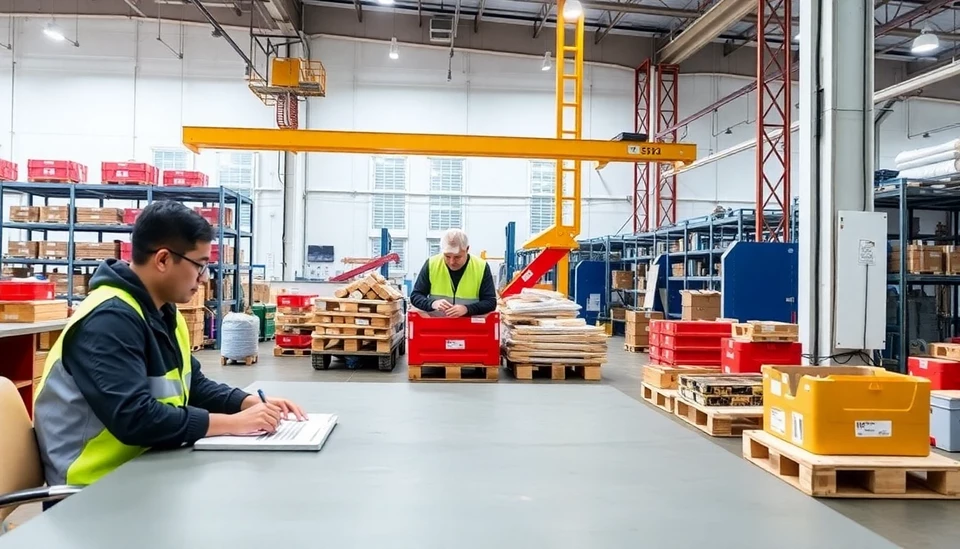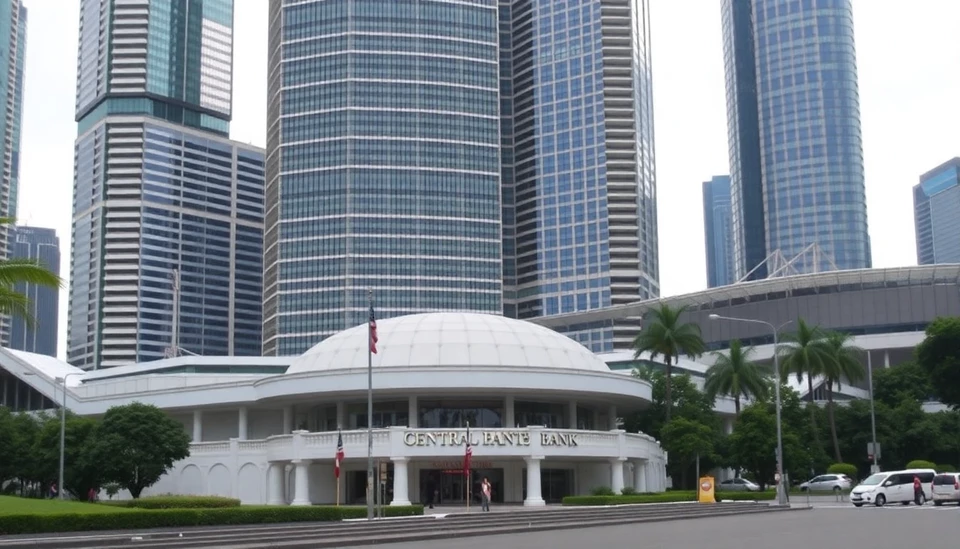
In a significant development for regional collaborations, Singapore and Malaysia are on the verge of finalizing an ambitious agreement aimed at creating a vast economic zone that promises to reshape the economic landscape of Southeast Asia. This decision, lauded by leaders of both nations, is expected to foster enhanced bilateral trade and investment opportunities while promoting mutual economic growth and development.
The envisioned economic zone will span several key areas between the two nations, effectively integrating their economies through streamlined regulations and cooperation frameworks. Officials from both countries have been engaging in discussions that focus on eliminating trade barriers and improving logistics to facilitate smoother transactions and reduce costs for businesses operating across borders.
Prime Minister of Singapore, Lee Hsien Loong, expressed optimism about the deal, emphasizing that it not only represents a commitment to strengthening ties between Singapore and Malaysia but also sets a precedent for collaboration with other nations in the region. The initiative has gained traction in recent months, reflecting both countries' intent to harness their geographical advantages and bolster their competitiveness in the global market.
Moreover, the economic zone is expected to attract foreign investors looking for opportunities in the diverse and dynamic Southeast Asian market. With a robust workforce and strategic location, particularly in shipping and trade routes, both Singapore and Malaysia aim to leverage their strengths to foster growth. Early forecasts indicate that the agreement could boost the GDP of both countries significantly over the coming years.
Business leaders from various sectors have welcomed this initiative. They have indicated that such an economic zone will lead to job creation and increased economic activity, further benefiting local businesses and communities. The cross-border collaboration will also encourage innovation and technology transfer, essential for keeping pace with the rapid developments in the global economy.
As both nations prepare to finalize this landmark agreement, they are addressing logistical and legislative frameworks needed for the smooth implementation of the economic zone. This strategic move is seen as a response to the growing economic challenges and competition within the region, creating a more favorable environment for sustainable growth and development.
As the date for the official signing approaches, anticipation is building among stakeholders, who are looking forward to a new era of economic partnership and integrated development. This economic zone could serve as a model for other countries in Southeast Asia, demonstrating how collaboration can lead to shared success in a globalized economy.
In conclusion, the finalization of the economic zone agreement between Singapore and Malaysia is poised to be a transformative step for both nations, promoting a multifaceted growth strategy that revolves around increased trade, shared resources, and joint developments in key sectors.
#Singapore #Malaysia #EconomicZone #BilateralTrade #InvestmentOpportunities #SoutheastAsia #TradeAgreement #EconomicGrowth
Author: Daniel Foster




